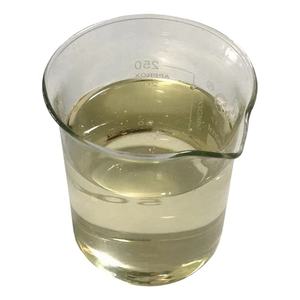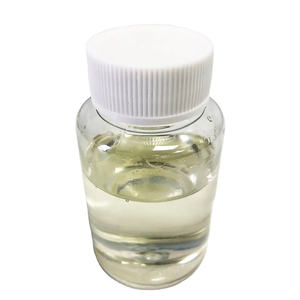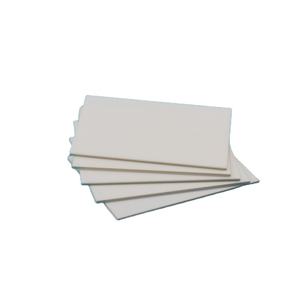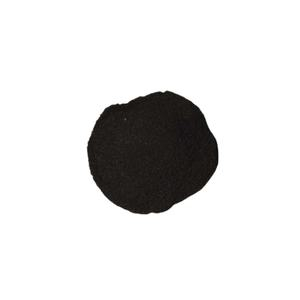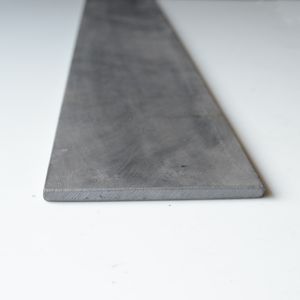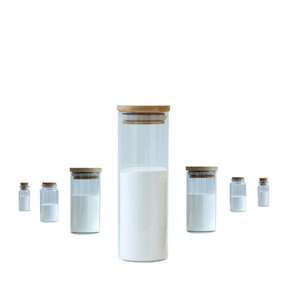Intro to Concrete Foaming Agents
Concrete foaming representatives are chemical admixtures utilized to create steady, uniform air gaps within concrete blends, resulting in lightweight cellular concrete with enhanced thermal insulation, lowered density, and boosted workability. These representatives function by lowering the surface tension of mixing water, permitting air to be entrained and supported in the type of distinct bubbles throughout the cementitious matrix. The high quality and efficiency of foamed concrete– such as its compressive stamina, thermal conductivity, and sturdiness– are greatly influenced by the type, dose, and compatibility of the lathering representative used. This post discovers the systems behind frothing representatives, their category, and just how they add to maximizing the buildings of light-weight concrete for modern-day building applications.
(CLC Foaming Agent)
Classification and Device of Concrete Foaming Professionals
Concrete foaming agents can be extensively identified into two major classifications: anionic and cationic surfactants, with some non-ionic or amphoteric kinds likewise being utilized depending on particular formula needs. Anionic frothing representatives, such as alkyl sulfates and protein-based hydrolysates, are commonly used as a result of their superb foam stability and compatibility with cement chemistry. Cationic representatives, although less typical, deal unique advantages in specialized solutions where electrostatic communications need to be regulated.
The system of activity entails the adsorption of surfactant molecules at the air-water interface, lowering surface tension and making it possible for the development of penalty, secure bubbles during mechanical anxiety. A high-quality foaming representative has to not only generate a large volume of foam but also keep bubble honesty over time to prevent collapse before cement hydration is total. This requires a balance between lathering capability, water drainage resistance, and bubble coalescence control. Advanced solutions usually include stabilizers such as thickness modifiers or polymers to enhance bubble persistence and boost the rheological habits of the fresh mix.
Influence of Foaming Agents on Lightweight Concrete Properties
The intro of air gaps with lathering agents significantly modifies the physical and mechanical attributes of lightweight concrete. By replacing solid mass with air, these voids decrease total density, which is specifically helpful in applications needing thermal insulation, audio absorption, and structural weight reduction. As an example, foamed concrete with thickness varying from 300 to 1600 kg/m four can achieve compressive toughness in between 0.5 MPa and 15 MPa, relying on foam web content, concrete kind, and curing problems.
Thermal conductivity decreases proportionally with raising porosity, making foamed concrete an eye-catching choice for energy-efficient structure envelopes. Additionally, the presence of uniformly dispersed air bubbles improves freeze-thaw resistance by functioning as stress relief chambers throughout ice growth. However, too much frothing can bring about weak interfacial change zones and bad bond advancement in between cement paste and aggregates, possibly jeopardizing long-term toughness. Therefore, precise application and foam quality assurance are essential to attaining ideal efficiency.
Optimization Methods for Enhanced Performance
To take full advantage of the advantages of foaming representatives in light-weight concrete, several optimization strategies can be employed. First, choosing the suitable frothing agent based upon basic materials and application needs is crucial. Protein-based agents, for example, are chosen for high-strength applications due to their superior foam security and compatibility with Portland cement. Artificial surfactants may be better for ultra-lightweight systems where lower expenses and simplicity of dealing with are priorities.
Second, incorporating additional cementitious products (SCMs) such as fly ash, slag, or silica fume can enhance both early and long-lasting mechanical residential properties. These materials fine-tune pore structure, reduce leaks in the structure, and improve hydration kinetics, consequently making up for stamina losses brought on by increased porosity. Third, progressed mixing modern technologies– such as pre-foaming and in-situ lathering techniques– can be made use of to guarantee much better distribution and stabilization of air bubbles within the matrix.
In addition, using viscosity-modifying admixtures (VMAs) aids protect against foam collapse and segregation throughout spreading and consolidation. Finally, controlled curing conditions, consisting of temperature level and humidity guideline, play a vital duty in guaranteeing correct hydration and microstructure advancement, specifically in low-density foamed concrete systems.
Applications of Foamed Concrete in Modern Building And Construction
Foamed concrete has actually gained prevalent approval across different building markets due to its multifunctional residential properties. In structure construction, it is extensively made use of for floor screeds, roofing insulation, and wall panels, providing both architectural and thermal advantages. Its self-leveling nature minimizes labor costs and boosts surface finish. In infrastructure tasks, lathered concrete acts as a lightweight fill product for embankments, bridge joints, and passage backfilling, successfully reducing earth stress and negotiation threats.
( CLC Foaming Agent)
In eco-friendly structure style, foamed concrete adds to sustainability objectives by minimizing symbolized carbon via the incorporation of commercial spin-offs like fly ash and slag. In addition, its fire-resistant residential properties make it ideal for passive fire protection systems. In the prefabricated building sector, foamed concrete is increasingly made use of in sandwich panels and modular real estate systems as a result of its convenience of construction and rapid implementation abilities. As demand for energy-efficient and light-weight building and construction products grows, frothed concrete strengthened with maximized foaming agents will remain to play a pivotal duty in shaping the future of sustainable architecture and civil engineering.
Verdict
Concrete foaming representatives are instrumental in boosting the performance of lightweight concrete by allowing the development of steady, consistent air void systems that improve thermal insulation, reduce thickness, and increase workability. Via mindful selection, formula, and integration with innovative products and methods, the properties of foamed concrete can be customized to meet diverse building demands. As research study continues to progress, technologies in frothing modern technology pledge to more broaden the range and performance of lightweight concrete in contemporary building and construction methods.
Supplier
Cabr-Concrete is a supplier of Concrete Admixture with over 12 years of experience in nano-building energy conservation and nanotechnology development. It accepts payment via Credit Card, T/T, West Union and Paypal. TRUNNANO will ship the goods to customers overseas through FedEx, DHL, by air, or by sea. If you are looking for high quality Concrete Admixture, please feel free to contact us and send an inquiry.
Tags: foaming agent, foamed concrete, concrete admixture
All articles and pictures are from the Internet. If there are any copyright issues, please contact us in time to delete.
Inquiry us

